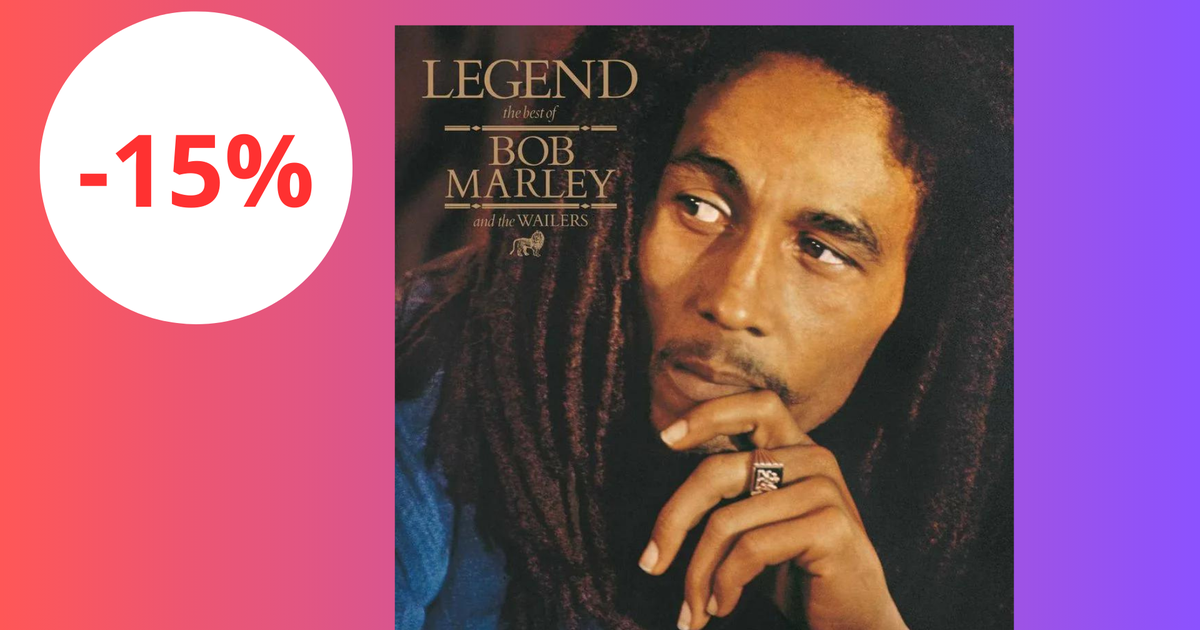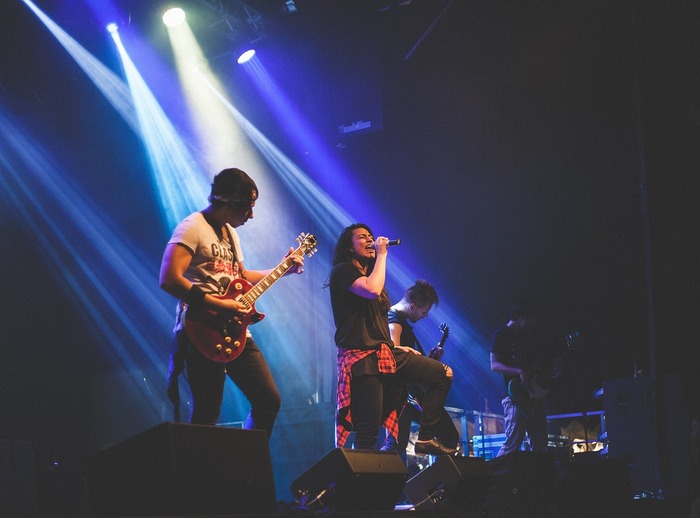This will be remembered as the time when humanity began to twerk.
Reggaeton has brought about a revolution in planetary music and has put Latin music in the first division.
However, the history of reggaeton is also the history of how the genre has been persecuted.
A stigma that extends to other parallel music that is also not understood by some sectors of the population, generally the older ones: from
trap
or urban pop (with its fondness for the also misunderstood
autotune
) to Rosalía's eclectic creations, which are frequently the subject of controversy on social networks.
Sometimes it seems that declaring that one does not like youth music is even a sign of distinction.
That positively scores hating reggaeton.
What can you boast about?
And it is presumed.
Different personalities have spoken out unapologetically against reggaeton and its surroundings, from singer-songwriter Pablo Milanés to pianist James Rhodes.
The television presenter Ramón García considers that Rosalía's latest album is "shit", according to what he declared in his space on the regional television of Castilla-La Mancha.
Although it seems that the presence of this music is increasingly ubiquitous and its acceptance greater, rejection remains in the air.
Precisely its ubiquity, in radios, bars, beach bars or textile franchises, makes the sparks jump more frequently: success generates reaction.
In the case of reggaeton, the stigma comes from its origins.
“Even in Puerto Rico, before it was called reggaeton, when it was still called
underground
, it generated prejudice, people tried to cancel it.
The policemen fined people who listened to him, even if it was in the car and not on the beach or in a public space, they broke the cassettes of the boys,” says journalist Pablito Wilson, author of the book
Reggaetón, a Latin revolution
(Liburuak ), which narrates the history of the genre from its Jamaican, Panamanian and, therefore, African origins.
A cultural cocktail shaker from which the dembow
rhythm came (in addition to so many other threads of contemporary music)
and other similar, perreo bases.
Thus until the explosion of the genre in Puerto Rico at the hands of those who are already great classics of the genre such as Tego Calderón, Don Omar or Daddy Yankee (his
Gasolina
put these rhythms on the global map in 2004).
From those origins, more crude and badass, the genre has become
mainstream
and, naturally, more suitable for all audiences.
A notorious case is that of Nicky Jam, already his father, who has shown some regret for the lyrics of his early days and advocates more responsible themes.
“There are those who say that reggaeton today is already
rhythm n' blues,
although there is a phenomenon in the clubs that goes back to the origins, ”says Wilson.
In 2002, when the style was still in its larval stage, a Puerto Rican senator obtained government approval on the island to censor the genre, worried about its violent and sexual content, while she supported other more commercial musicians.
Factors to despise perreo
Bad Bunny, during his performance at the 'America Festival', Philadelphia, on September 4.@ShareifZ (WireImage)
The stigma of reggaeton is produced by the concatenation of several factors.
One of them could be classism: the contempt on the part of some layers of the population for the music listened to by the most vulnerable sectors, the people of the neighborhoods, the migrants.
"It is a mixture of classism, misunderstood Europeanism and old colonial prejudices," writes the journalist Víctor Lenore, who had already pointed out the phenomenon in his book
Indies, hipsters and glasses.
Chronicle of a cultural domination
(Captain Swing) and that now prologues Wilson's volume.
"We despise three categories of music: that made in Spanish, that designed for dancing and that signed by artists who come from poor backgrounds," adds Lenore.
Beyond that, there are some studies that link a taste for reggaeton with a low IQ.
“Sometimes the data is used in a perverse way”, says Wilson, “it has been said that reggaeton followers have a low cultural level, but it is not because they listen to reggaeton, it is because many fans are part of marginalized sectors of society to which they belong. They don't get a good education."
Another factor that contributes to the hatred of reggaeton is the openly sexual content of many of its lyrics, despite the fact that it is found in many other musical styles: Elvis's pelvis also raised blisters in the 50s. They are branded as misogynists, especially in the origins of the genre.
"There are some feminist women who now defend reggaeton as a way to liberate the body, others say that it is more of the same, that it does more harm than good," says Wilson.
The figure of the Colombian artist Karol G is usually pointed out as a feminist reference in this musical field.
Chocolate Remix bets on a
queer reggaeton
and transfeminist.
Bad Bunny, already a global star, has stood for the feminist, LGBT and anti-racist cause.
"The rejection of reggaeton will never be overcome, it's like racism or homophobia," she declared to this newspaper in 2021.
old men don't like to twerk
The Sex Pistols group, in July 1976. Mirrorpix (Mirrorpix via Getty Images)
Of course, the generational component influences the rejection of these rhythms.
With age, musical taste is closed to new currents and there is a tendency to think that any past time (particularly that of one's youth) was better.
On the internet, the phenomenon is clearly appreciated when the illegibility of Rosalía's Dadaist and urban lyrics is criticized.
Those letters are not understood, she tells herself.
Rosalía, you used to be cool, it is written.
You've lost a fan here, she warns herself, sometimes with excessive drama.
"Every so often a new musical style appears with which the new generations identify and the previous ones reject with similar arguments ('that's not music but noise', 'every past rhythm was better')", explains Carles Feixa, professor of Social Anthropology at Pompeu Fabra University.
“If the lovers of jazz and swing criticized rock, the previous ones rejected heavy or punk, the previous ones techno... and all the previous ones now reject reggaeton and trap”, he exemplifies.
According to the anthropologist, the clock of musical taste usually stops in youth and, rather than produce a quiet generational change, since the appearance of
rock n' roll
, new rhythms are usually a sign of rupture.
Punk, now in the spotlight for the
Pistol series
(Disney +), focused on the adventures of the pioneering Sex Pistols, great cultural enemies of the recently deceased Queen Elizabeth II, was not only stigmatized in its beginnings but also sought to be so, shocking the bourgeois, creating the scandal.
Similarly, trap has often been described as the new punk for the new nihilistic generations.
With the vehemence of the cultural battles in social networks, the debate between the ancients and the moderns (a topic of Western culture), between the old rockers, who never die, and the new ragpickers, who have just been born, makes it more visible.
The case of C. Tangana is curious, who has won the favor of all audiences by involving
a good part of the
star system on his album
De él El madrileño
in Spanish that preceded him, such as Kiko Veneno, Jorge Drexler or Andrés Calamaro.
A clever way to build bridges between generations, which worked.
“I don't think that reggaeton is a controversial music”, Pablito Wilson concludes, “I think that we have had to live the time in which reggaeton is controversial, but that will pass.
In other times, rock, disco music and even tango, which was considered highly obscene, were also controversial”.




/cloudfront-eu-central-1.images.arcpublishing.com/prisa/3WKUOFRYCJERLGN6FZNWBGRPMA.jpg)




